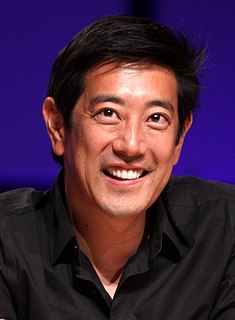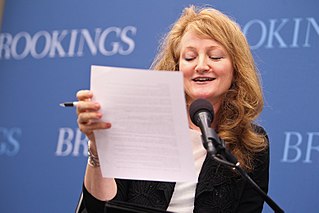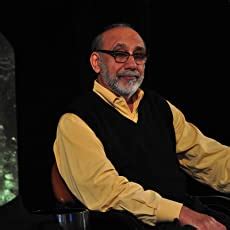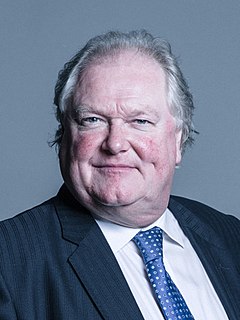A Quote by Grant Imahara
Not only will innovative technology create a more connected human race; it will normalize access to our most basic needs.
Quote Topics
Related Quotes
Notice carefully every word here. It is not our prayer which draws Jesus into our hearts. Nor is it our prayer which moves Jesus to come in to us. All He needs is access. He enters in of His own accord, because He desires to come in. To pray is nothing more involved than to let Jesus into our needs, and permitting Him to exercise His own power in dealing with them. And that requires no strength. It is only a question of our wills. Will we give Jesus access to our needs?.
I think basic disease care access and basic access to health care is a human right. If we need a constitutional amendment to put it in the Bill of Rights, then that's what we ought to do. Nobody with a conscience would leave the victim of a shark attack to bleed while we figure out whether or not they could pay for care. That tells us that at some level, health care access is a basic human right. Our system should be aligned so that our policies match our morality. Then within that system where everybody has access, we need to incentivize prevention, both for the patient and the provider.
I do not know of any divine commands. I do know of most important human ones. I do not know the needs of a god or of another world. . . . I do know that women make shirts for seventy cents a dozen in this one. I do know that the needs of humanity and this world are infinite unending constant and immediate. They will take all our time our strength our love and our thoughts; and our work here will be only then begun.
We are not separate. Our sense of separateness is superficial and exist only in the physical dimension. In our human element, we are not separate; we’re very much connected. Every other human being is just as precious as we are, and worthy of as much respect and love and consideration. This understanding needs to manifest in our conduct in each moment. This is the part of the Work that will transform you.
More fundamental than religion is our basic human spirituality. We have a basic human disposition towards love, kindness and affection, irrespective of whether we have a religious framework or not. When we nurture this most basic human resource - when we set about cultivating those basic inner values which we all appreciate in others, then we start to live spiritually.
For as long as human beings are forced to live in a system that at every turn impedes the fulfillment of their basic human needs - not only for love but for creative and spiritual expression - they will try to compensate for this in other ways, including the compulsive acquisition of ever more material goods.
I think the ultimate sense of security will be when we come to recognize that we are all part of one human race. Our primary allegiance is to the human race and not to one particular color or border. I think the sooner we renounce the sanctity of these many identities and try to identify ourselves with the human race the sooner we will get a better world and a safer world.
This is about putting education absolutely in the centre of enterprise and then using the traditions of Birmingham to inspire and grow. If you have knowledge and business linked together you will grow well, you go further down the innovative path and actually you create more and more jobs. Those jobs will only be available for people with skills but they will be real sustainable employments. That is how important innovation is.



































